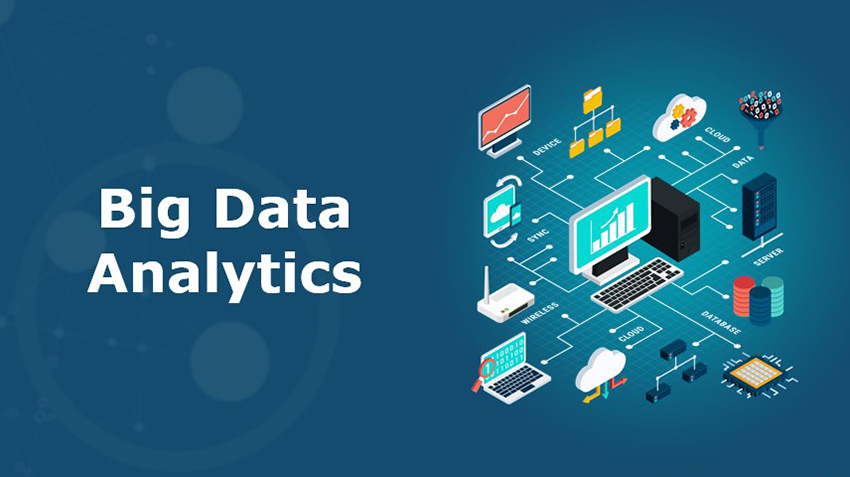In the digital age, where data flows like a mighty river, ethical considerations loom large in the realm of Big Data. With every click, swipe, and transaction, a trail of data is left behind, painting a detailed portrait of individuals and societies. As organizations harness the power of this vast reservoir of information, questions arise: How can we balance the benefits of data-driven insights with the need to protect individual privacy? What measures should be in place to safeguard against security breaches and misuse? How do we ensure that data is used responsibly and ethically? Join us as we embark on a journey through the ethical considerations in Big Data: Privacy, Security, and Responsible Use.
Navigating Privacy in the Big Data Landscape
Privacy stands as a cornerstone of ethical considerations in Big Data, demanding vigilant protection amidst the sea of personal information. Let’s delve into key strategies for safeguarding privacy:
Consent and Transparency
- Obtain explicit consent from individuals before collecting their data.
- Provide clear and transparent information about data collection practices.
- Allow individuals to access and control their personal data.
Anonymization and Pseudonymization
- Anonymize or pseudonymize data to remove or conceal personally identifiable information.
- Implement robust encryption techniques to protect sensitive data during storage and transmission.
Data Minimization
- Collect only the data necessary for specific purposes, minimizing the risk of unauthorized access or misuse.
- Regularly review and purge unnecessary data to reduce privacy risks.
Fortifying Security in the Big Data Terrain
Security breaches pose a significant threat in the vast expanse of Big Data, necessitating robust defenses to safeguard against malicious actors. Explore key measures for fortifying security:
Encryption and Access Controls
- Encrypt data at rest and in transit to prevent unauthorized access.
- Implement stringent access controls, limiting data access to authorized personnel.
Regular Audits and Monitoring
- Conduct regular security audits to identify vulnerabilities and ensure compliance with security protocols.
- Deploy advanced monitoring systems to detect and respond to suspicious activities in real-time.
Employee Training and Awareness
- Provide comprehensive training programs to educate employees about security best practices.
- Foster a culture of security awareness, encouraging employees to report any suspicious behavior or security concerns.
Championing Responsible Use of Big Data
Responsible use serves as the guiding beacon in the ethical exploration of Big Data, ensuring that insights gleaned from data analytics are wielded for the greater good. Let’s unravel the principles of responsible data usage:
Ethical Frameworks and Guidelines
- Adhere to established ethical frameworks and guidelines, such as the Fair Information Practices Principles (FIPPs) and the General Data Protection Regulation (GDPR).
- Incorporate ethical considerations into decision-making processes, prioritizing the welfare of individuals and communities.
Bias Mitigation and Fairness
- Identify and mitigate biases in data collection and analysis to ensure fairness and equity.
- Regularly evaluate algorithms and models for potential biases, taking corrective actions as needed.
Accountability and Transparency
- Hold organizations accountable for their data practices, establishing mechanisms for oversight and accountability.
- Foster transparency by disclosing data usage policies and practices to stakeholders, building trust and credibility.
FAQs: Demystifying Ethical Considerations in Big Data
Q: What role does regulation play in addressing ethical considerations in Big Data? A: Regulation plays a crucial role in setting standards and guidelines for ethical data practices, providing a framework for organizations to adhere to.
Q: How can organizations balance the need for data-driven insights with privacy concerns? A: Organizations can strike a balance by implementing privacy-enhancing technologies, obtaining explicit consent from individuals, and adopting data minimization strategies.
Q: What steps can individuals take to protect their privacy in the age of Big Data? A: Individuals can take proactive measures such as reviewing privacy settings, limiting data sharing, and staying informed about data collection practices.
Conclusion
In the ever-expanding landscape of Big Data, ethical considerations serve as the compass guiding our journey towards responsible data stewardship. By prioritizing privacy, fortifying security, and championing responsible use, we can harness the transformative power of data while upholding fundamental principles of ethics and integrity. As we navigate the complexities of Big Data, let us remember that ethical considerations in Big Data: Privacy, Security, and Responsible Use are not mere checkboxes but essential pillars upon which a sustainable and equitable data ecosystem is built.


